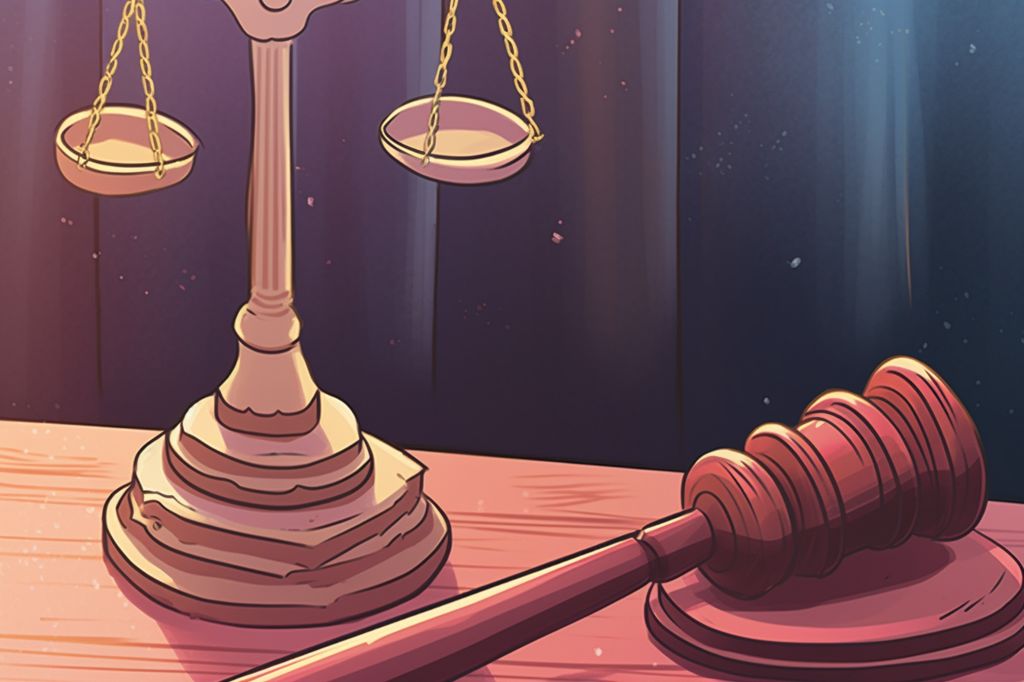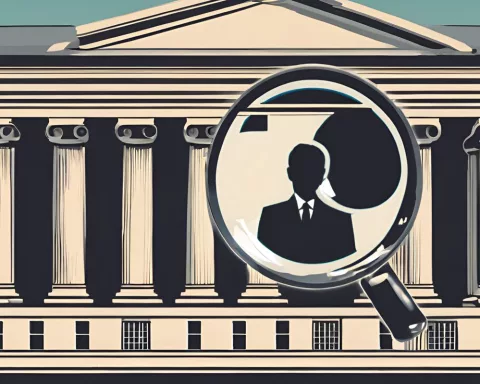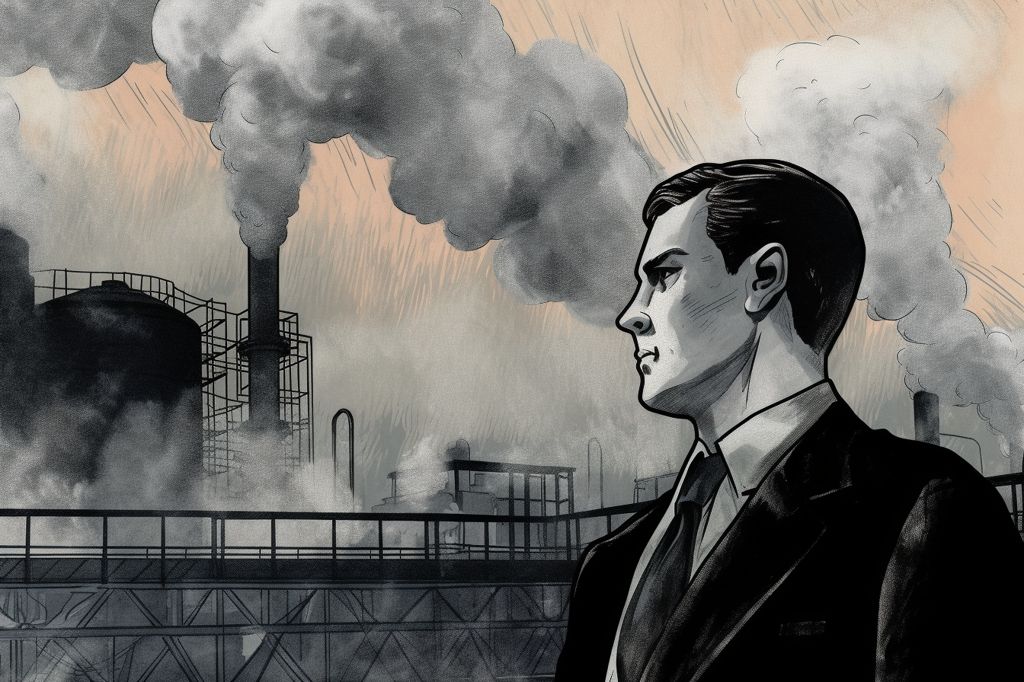The Constitutional Court recently denied the application for leave for a direct appeal by the Department of Public Enterprises (DPE) former Director General, Mr. Kgathatso Thlakudi. This decision was made in response to Mr. Thlakudi’s appeal of a Labour Court ruling that found his suspension lawful. The DPE considers this ruling as further validation of their claim that Mr. Thlakudi was evading responsibility for the misconduct that arose from a complaint involving unethical behavior in a recruitment process.
Mr. Thlakudi’s Actions and Statements
Mr. Thlakudi’s recent actions and statements have only worsened the situation. He continues to spread false information about the DPE and its political executive head, Minister Pravin Gordhan. He has shown a disregard for due process and has chosen to portray himself as a victim through his fabrications.
The DPE’s Position
The DPE has consistently maintained that the facts concerning Mr. Thlakudi’s suspension in June 2022 were indisputable. As someone entrusted with the responsibility of safeguarding public interest, Mr. Thlakudi was expected to exercise a duty of care. The DPE further asserts that Mr. Thlakudi’s efforts to undermine the Department’s work of stabilizing State-Owned Enterprises (SOEs) by alleging impropriety in the appointment of the Takatso Consortium as the preferred Strategic Equity Partner for South African Airways (SAA) have been futile.
Involvement in the Appointment of Takatso Consortium
The DPE has reiterated that Mr. Thlakudi was involved in every step of the process that evaluated the interests received by the DPE for SAA. He authorized and provided oversight for the due diligence that resulted in the shortlisting of Takatso as the preferred SEP, in line with specific criteria that he formulated as part of the adjudication process.
Inquiry into Mr. Thlakudi’s Misconduct
The DPE will implement the recommendation of dismissal from the inquiry into Mr. Thlakudi’s misconduct led by the Minister of Justice and Correctional Services, Mr. Ronald Lamola. This decision will allow the DPE to concentrate on advancing reforms aimed at capacitating SOEs to deliver on their developmental mandate. These efforts include the creation of the National Transmission Company of South Africa out of Eskom, the establishment of an infrastructure manager within Transnet Freight Rail, and the introduction of private partnerships for the Durban Container Terminal.
With the recent decision of the Constitutional Court and the recommendation of the inquiry, it is clear that accountability and due process remain fundamental aspects of the South African government‘s functioning. As the DPE moves forward, it is crucial to maintain a commitment to transparency and ethical behavior to ensure the success of their ongoing reforms and the stability of the nation’s State-Owned Enterprises.












